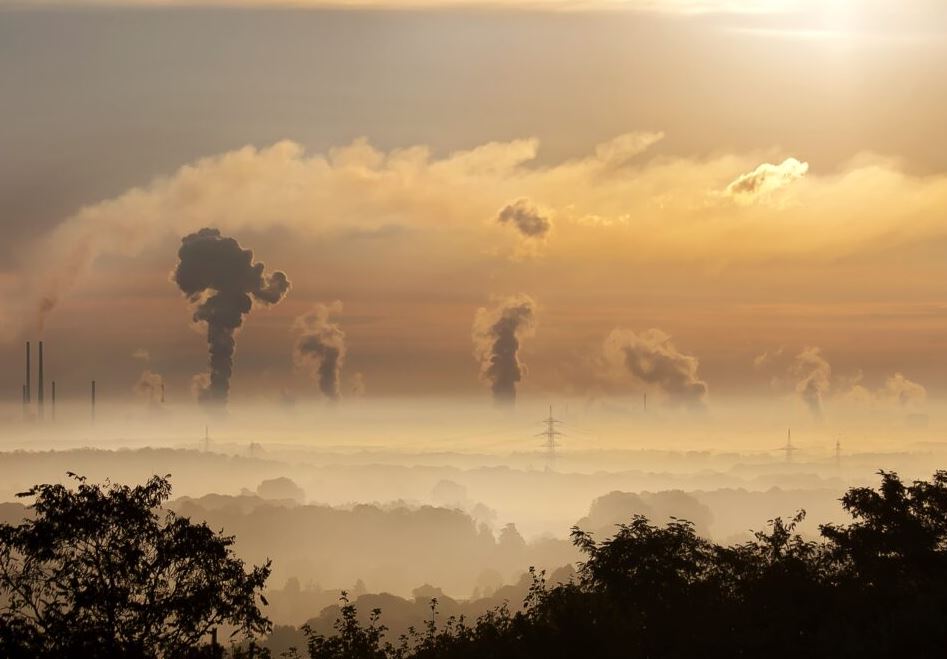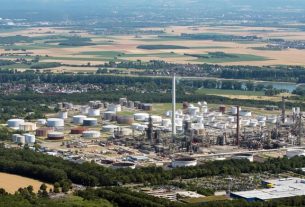France – Investments in clean energy are set to surpass investments in fossil fuels this year, signaling a significant shift in the global energy landscape.
According to a new report from the International Energy Agency (IEA), an estimated $2.8 trillion will be invested in energy by 2023, with over $1.7 trillion allocated to alternative energy sources. This article delves into the goals, technology, potential impact, and challenges surrounding the surge in clean energy investments, providing concrete evidence and sources to support the findings.
The IEA’s definition of clean energy encompasses not only renewable energy but also nuclear energy, electricity networks, and efficiency improvements. While more than $1 trillion is still being invested in coal, gas, and oil, investments in low-carbon energy sources are predominantly driven by Western countries and China. Five years ago, investments in clean energy were on par with investments in fossil fuels, but the growth has primarily stemmed from the solar energy sector. In fact, this year, investments in solar energy are expected to surpass those in oil production.
Shift towards clean energy
The shift towards clean energy is not limited to large-scale infrastructure. Consumers are also embracing sustainable choices, with sales of heat pumps experiencing double-digit growth since 2021, and the demand for electric cars continuing to rise. This trend reflects a growing awareness and commitment to reducing carbon emissions and embracing more environmentally friendly alternatives.
However, despite the surge in clean energy investments, the oil and gas sector is also experiencing growth this year. Expenditure in this sector has rebounded by seven percent, reaching pre-pandemic levels. Some major oil companies in the Middle East are even increasing their investments compared to the pre-crisis period. Interestingly, while oil companies saw substantial profits in the past year, a significant portion was allocated to dividends, share repurchases, and debt repayment rather than new investments.
Investments
The report highlights that there is still substantial investment in fossil fuels, with coal investment projected to be six times higher in 2023 than what the IEA envisioned in its Net Zero Scenario for 2030. Furthermore, the oil and gas industry allocated only five percent of upstream spending to clean electricity, clean fuels, and carbon capture and utilization (CCU). This underscores the need to accelerate investments in sustainable energy, particularly in emerging economies where the transition to clean energy has been relatively slow.
The surge in clean energy investments represents a positive step towards achieving global climate goals and reducing greenhouse gas emissions. It signifies a growing recognition of the urgent need to transition away from fossil fuels and embrace cleaner, more sustainable alternatives. However, challenges remain, including the need to bridge the investment gap in emerging economies and redirect funds from fossil fuel industries towards clean energy projects. Policy support, technological advancements, and international cooperation will play crucial roles in driving the transition to a low-carbon future.




